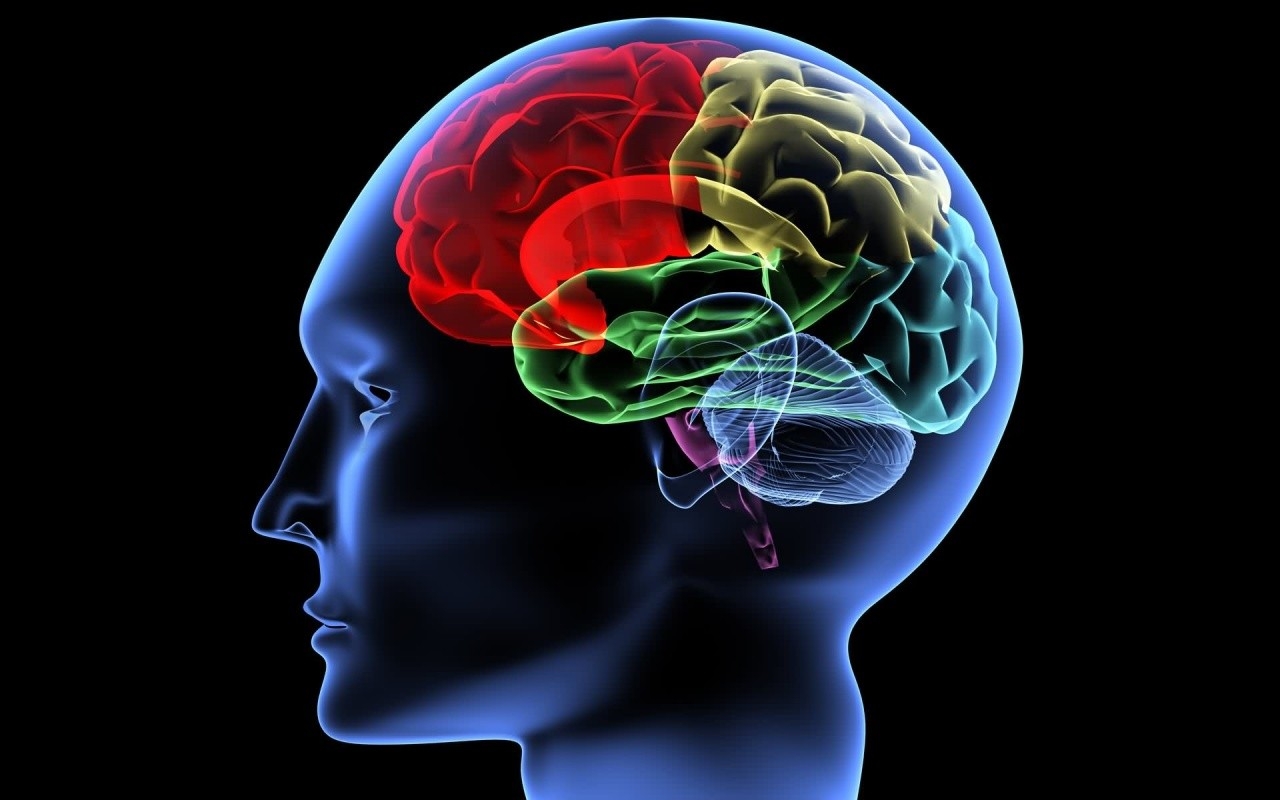#health #brain #dementia #Alzheimer’s
“There are strategies to reduce the risk of cognitive decline and dementia as we grow older, here are some” –Paul Ebeling
Genetic factors determine approximately 40–80% of our cognitive performance with genetic influence declining somewhat in very old age. Family history and genetic predisposition also play important roles in the risk of developing Alzheimer’s disease aka AD.
In particular, the apolioprotein E (APOE)-ε4 allele has been identified as a risk factor for late-onset AD. In contrast, findings from a recent meta-analysis indicate that the role of APOE-ε4 in normal age-related decline in cognitive functioning is relatively small. Although genetic factors are an important foundation of cognitive resources, there may be modifiable environmental factors that would suggest possible strategies to maintain the existing cognitive reserve and reduce risk of cognitive impairment.
Eating Real Food is a Key element for good brain health
It has been known for decades that nutritional factors can modify the risk of diseases such as heart disease and cancer. Recently, the relationship between nutrition and cognitive functioning has become an important research topic. It is known that healthy functioning of the central nervous system is largely influenced by the availability of essential nutrients.
Therefore, although many issues regarding proper diet for cognitive health remain to be addressed, it is clear that nutrition and diet could theoretically affect cognition and the risk of AD.
Deficiencies in folic acid and vitamin B12, which affect up to 15% of the elderly, may result in poor cognitive performance and even AD. Two mechanisms have been proposed to explain why this deficiency may affect cognition. A direct mechanism relates to the possibility that low levels of folic acid and vitamin B12 inhibit production of essential neurotransmitters such as dopamine, norepinephrine and serotonin. A 2nd and more indirect mechanism involves the role of folic acid and vitamin B12 in decreasing blood concentrations of homocysteine (an amino acid), which is elevated in AD patients.
Cholesterol, a by-product of fat metabolism, seems to have a similar indirect influence on memory, whereby cholesterol-related damage to the blood vessels may result in poorer brain health and an increased risk of AD, although cholesterol levels may actually decline at the time of dementia onset. In addition, treatment with cholesterol-lowering drugs has been found to be associated with a reduced risk of cognitive impairment .
It is important to remember that different types of cholesterol are likely to have different effects.
An eating plan high in low-density lipoprotein found mainly in saturated animal fats, is implicated in vascular and other diseases, a nd 1 high in high-density lipoprotein found mainly in fish, olive oil and nuts may reduce the risk of cognitive impairment, possibly by alleviating the inflammatory response and high blood pressure, as well as improving insulin sensitivity.
Given the emphasis on weight loss and caloric restriction in recent yrs, it may seem intuitive that these steps would promote maintenance of a healthy brain. In 1 study, lower caloric intake was found to be associated with slower age-related cognitive decline and reduced the risk of AD, particularly among individuals with a genetic predisposition for AD. It has been suggested that caloric restriction may reduce cellular oxidative damage and/or lower blood glucose levels. And, there is also evidence that caloric restriction may increase levels of hormones known as glucocorticoids. Although a temporary increase in these hormones can improve alertness and concentration, long-term exposure is correlated with shrinkage in the hippocampus.
Short-term caloric restriction was associated with poorer cognitive performance among obese women and, in a 20-year longitudinal study, significant weight loss increased the risk of cognitive impairment. In a further study, 22 older participants who fasted overnight displayed enhanced memory performance after a dietary intake of protein, carbohydrate or fat, regardless of potential elevation in blood glucose. In general it appears that benefits of moderate caloric restriction for a healthy brain could be substantial, particularly when nutritional deficiencies are avoided.
Besides Key nutrients, micronutrients, particularly vitamins, have gained credence as playing an important role in memory and cognitive performance. Low blood serum levels of vitamins C and E, and β-carotene, all major antioxidants may be associated with cognitive decline and AD.
Dietary intake or supplementation of a concoction of these vitamins may help to maintain normal cognitive function. Results are less clear regarding supplementation with vitamin E only, following some earlier enthusiasm. Some researchers still propose a protective effect of vitamin E against AD, while others caution that daily doses higher than 400 international units (IU) of vitamin E may increase the risk of mortality . The possibility that only dietary vitamin E may protect against AD has also been raised.
There is some evidence to suggest that light-to-moderate alcohol consumption, up to 3 alcoholic drinks a day, or between 1 and 7 drinks a wk may reduce the risk of cognitive impairment in the elderly compared with those who abstain.
Drinking in moderation may contribute to some brain atrophy, but it may also reduce the number of silent infarcts in the brain, a known risk factor for cognitive impairment. In addition, light drinking may reduce blood clotting and blood serum lipid levels, as well as stimulate acetylcholine production in the brain.
And of course avoid all illicit drugs for overall good health: Illicit drugs fall into 2 categories. The 1st category is comprised of those drugs that are illegal to process, sell, and consume. These include cocaine, methamphetamine, and heroin. The 2nd class includes those drugs that are legal to process, sell, and consume when prescribed by a physician, but are then misused by the person to whom the drugs have been prescribed, or are used by individuals not under a prescribing doctor’s care, and who may have obtained the drugs by illegal means. Drugs in the 2nd category can include prescription pain medication and prescription sedatives.
Eat healthy, Be healthy, Live lively









